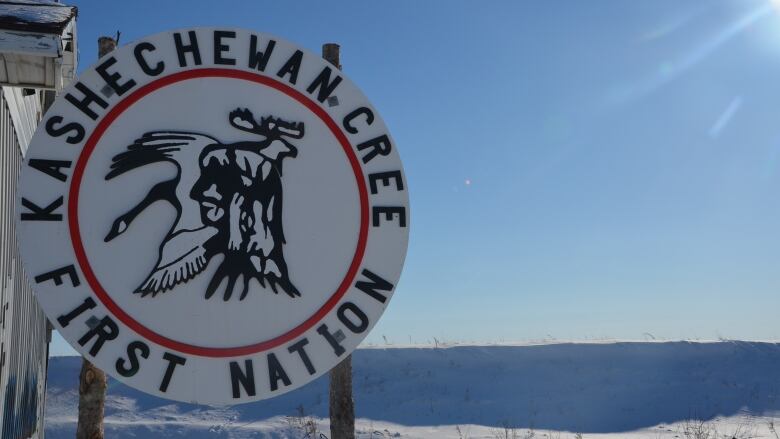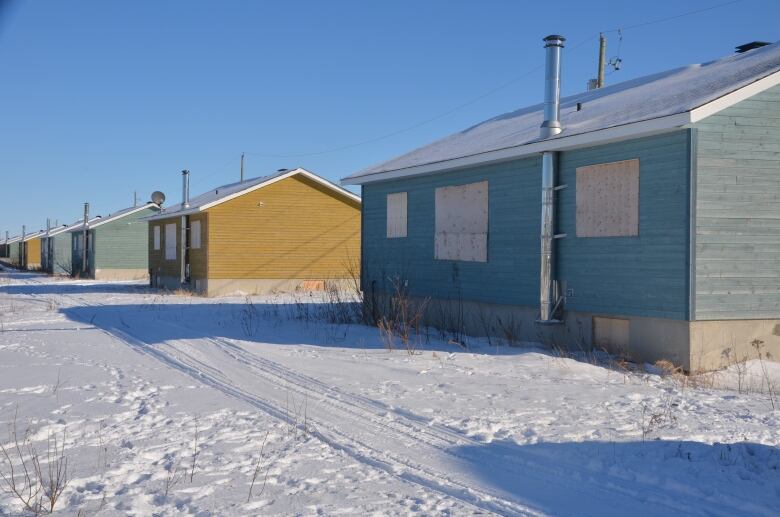The long trip home: evacuees return to Kashechewan after 2014 flood
Future is aways a roll of the dice for residents of flood-prone First Nation

It's so long, KashKap.
Four hundred evacuees from Kashechewan First Nation to prepare to return home, two years after flooding forced them to set up temporary homes and lives in Kapuskasing.
The evacuees have been staying in apartments, paid for by the government, while new homes were built to replace the mouldy houses they used to live in.
- Kashechewan, Fort Albany flooding forces evacuation
- 400 evacuees from Kashechewan still in Kapuskasing 2 years later
About eight families have moved back into new modular homes built over the summer.
This repatriation is expected to continue over the winter and into the spring with all 104 new homes expected to be lived in by August.
Kapuskasing fire chief Gerry Desmeules said the plan is to fly a handful of families back to Kashechewan every few weeks, with the goal of having everyone home by the end of the summer.

Although the homes being built in Kashechewan are modular, and could be moved if severe floods return, some residents aren't so sure they'll be gone for long.
"Some people are saying as they get on the plane, well, we're going to see you again in the spring, because obviously the problems they have with flooding up the coast," Desmeules said, "so, it's always a rollof the dice for them."












_(720p).jpg)


 OFFICIAL HD MUSIC VIDEO.jpg)
.jpg)



























































































